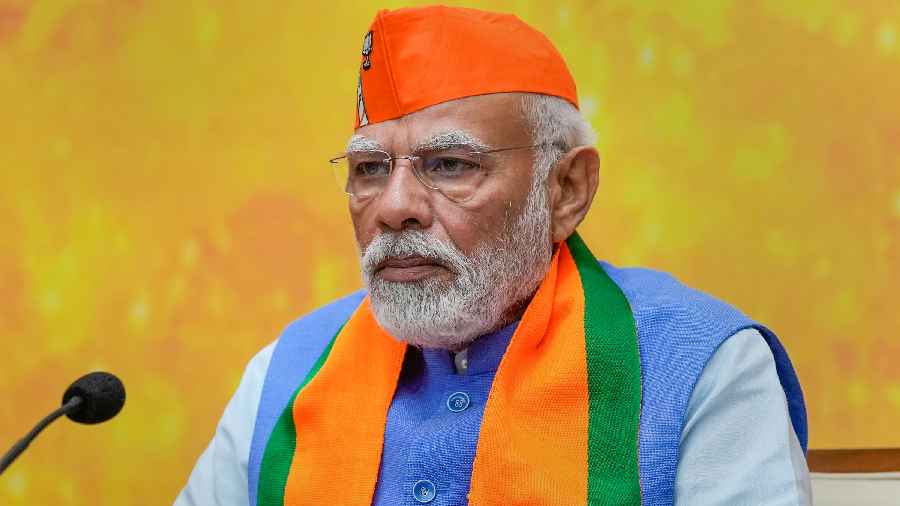It had started slowly but steadily, now it is quick and frank. The Narendra Modi government is withdrawing scholarships from disadvantaged groups instead of granting them. One of its earlier moves was to limit the pre-matric scholarship for religious minorities to just two from a family, but now children from Classes I to VIII will not get it at all. Only students in Classes IX and X will be eligible. Since Classes I to VIII are covered by the right to education law, the government feels there is no need for extra support. It would be pointless to search for logic here. The pre-matric scholarship was introduced by the United Progressive Alliance government to start reducing the educational and economic disadvantages of minority groups after the Sachar Committee report. Available data indicate that it led to the school education of around 50 lakh students, half of whom were girls. The imperfect implementation of the right to education often meant certain expenses for supposedly free education. The withdrawal of the scholarship means the end of education for many. These children will not reach Class IX to receive it. It is difficult to believe that the government does not know that.
The UPA government’s scholarship for MPhil and PhD minority students, the Maulana Azad National Fellowship, is also being withdrawn. The ostensible reason is that it overlaps with other scholarships. The fellowship was given only to researchers who miss the Junior Research Fellowships by a whisker and was substantial enough to allow them to study peacefully for five years even when they reached employable age. The loss to learning, to equality and, most painfully, to minority communities would be huge. The government had earlier curtailed possibilities of overseas study for Dalit, tribal and economically disadvantaged students by forbidding Indian culture, history and society as themes of research. Discussions of casteism abroad were uncomfortable; besides, prestigious overseas jobs going to anyone but upper caste members was probably unwelcome. Exclusionary policies from elementary to higher education seem part of the drive towards privatisation of education as well as of the dominant ideology. But education is a public good; it empowers a country by making full use of the intellectual capacity of all its people. No development can come when large segments of the population are deliberately left behind.










